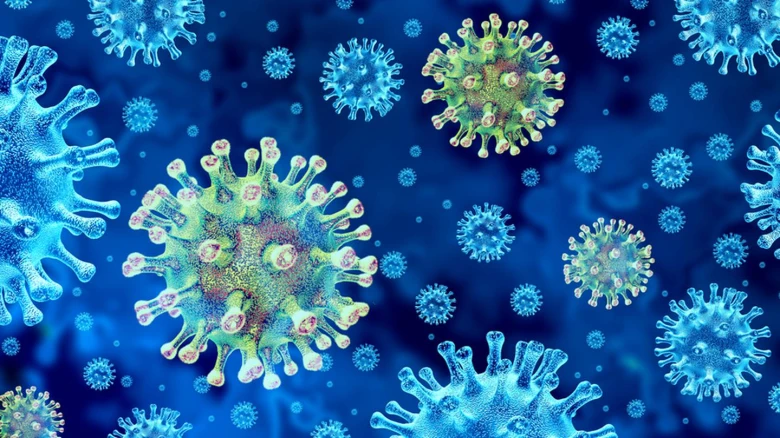Sports

The World Health Organization (WHO) has classified a new COVID-19 variant, JN.1, as a "variant of interest...
Digital Desk: The World Health Organization (WHO) has classified a new COVID-19 variant, JN.1, as a "variant of interest." Despite this classification, the WHO assures that the strain does not pose a significant threat to public health. However, concerns have surged among healthcare professionals, experts, authorities, and the general public in India.
The JN.1 Covid subvariant, initially identified in Luxembourg, is a descendant of the Pirola variant (BA.2.86), which itself has its origins in the Omicron sub-variant. This lineage has been linked to an increase in active COVID-19 cases in India, reaching 1,828 on Monday, December 18, with one reported death in Kerala, where JN.1 was recently detected. In response to this development, the central government has issued advisories to state governments, urging them to ensure adequate health arrangements.
According to the World Health Organization, symptoms associated with the new COVID variant are generally mild to moderate, including fever, runny nose, sore throat, and headaches. Most patients experience mild upper respiratory symptoms that typically improve within four to five days.
The JN.1 variant may present with a loss of appetite and persistent nausea. Medical consultation is advised if sudden difficulty feeling hungry is accompanied by other symptoms. Extreme fatigue is another significant sign of the JN.1 variant, characterized by overwhelming exhaustion and muscle weakness.
In rare cases, individuals infected with the JN.1 variant may also experience gastrointestinal problems, such as vomiting and nausea. The Centers for Disease Control and Prevention (CDC) suggests that the surge in cases may indicate that JN.1 is more transmissible than other strains.
Experts express concerns due to a combination of factors, including holiday gatherings, low COVID-19 vaccine rates, and the presence of a new, potentially transmissible variant. Dr. Jill Foster, division director of pediatric infectious diseases at the University of Minnesota Medical School, advises the public to wear masks in crowded places around strangers to mitigate the risk.
Despite these concerns, over 90% of COVID cases in India are currently classified as mild and managed through home isolation. The situation continues to be monitored closely, and health authorities are urging the public to stay informed and adhere to recommended safety measures.
Leave A Comment